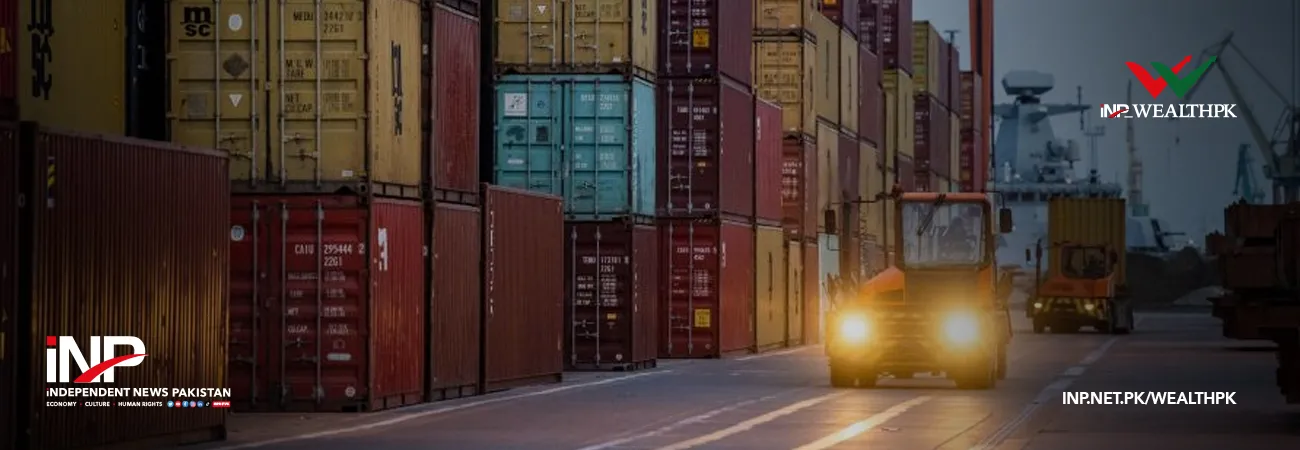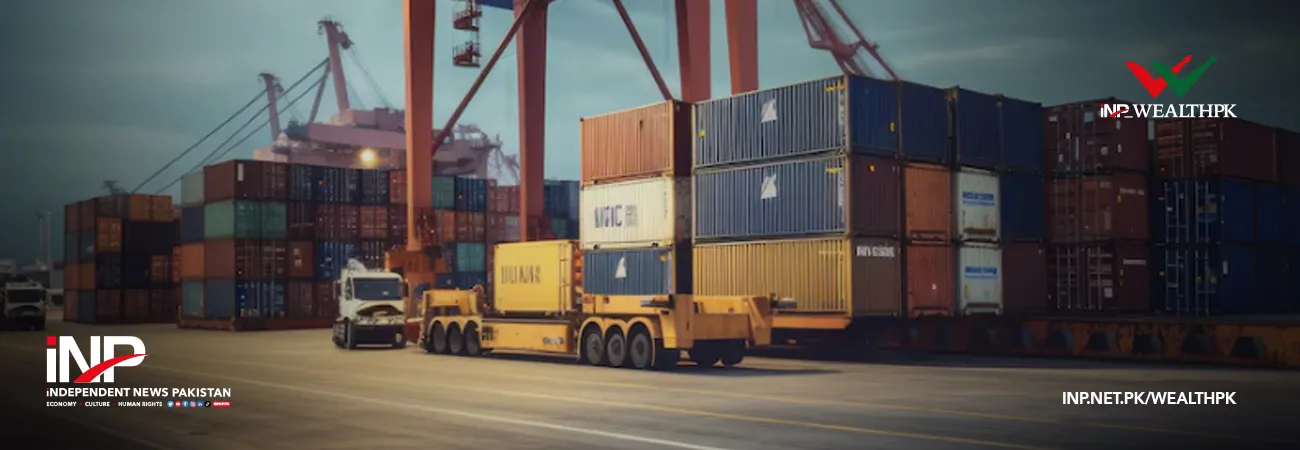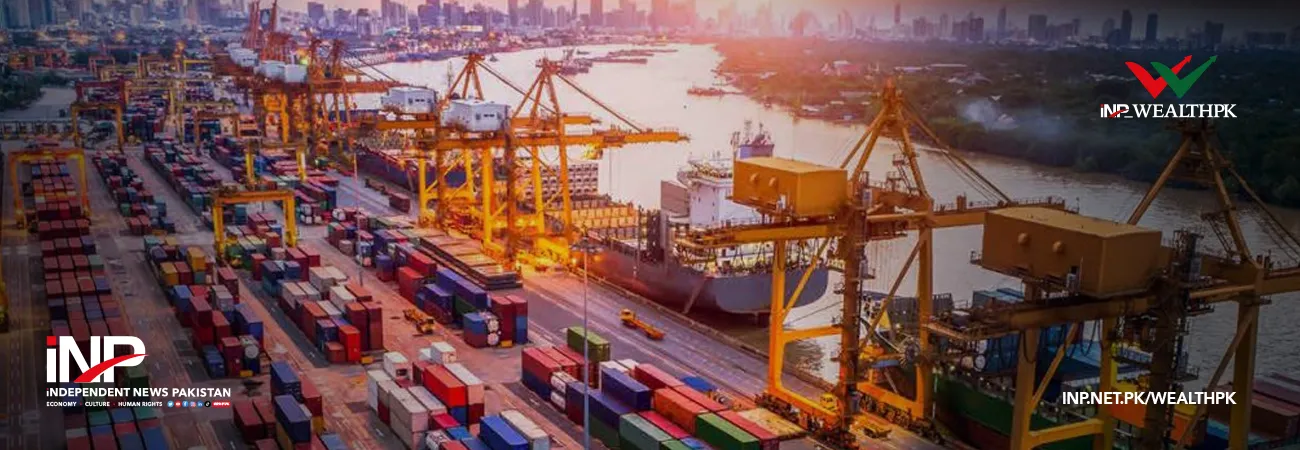INP-WealthPk
Faiza Tehseen
Pakistan can protect its marginalized communities from the adverse impacts of commercial and industrial activities through a fair distribution of environmental burdens and benefits, said Muhammad Saleem, media spokesperson for the Ministry of Climate Change and Environmental Coordination (MoCC&EC), in an exclusive interview with WealthPK.

“As Pakistan’s commercial and industrial sectors continue to expand, the issue of environmental justice has become more urgent, particularly for the marginalized communities which are bearing the brunt of environmental degradation. Fair distribution of environmental burdens and benefits is crucial to ensuring that the vulnerable populations are not disproportionately affected by industrialization,” he said.
Saleem said environmental justice was a principle centred on fair treatment of all people regardless of race, color, national origin, or income and ensuring that no community was left to endure the environmental harm caused by commercial and industrial operations. In Pakistan, where the gap between the benefits of industrial growth and consequences for the local communities is widening, the need for environmental justice has never been more pressing.
“Without proper regulation and active community engagement, the relentless growth of industries, such as mining, textiles, and chemicals, is imposing severe consequences on the surrounding populations. The harmful effects of pollution — air, water, and soil contamination— are leading to a rise in respiratory issues, skin diseases, and waterborne illnesses among those living near industrial sites,” Saleem said.
He said for these communities, environmental degradation was not just a health hazard but also a source of economic and social instability. Many residents in areas near the industrial zones are exposed to hazardous waste disposal sites that further contribute to their health risks. Clean drinking water and nutritious food are scarce in these regions, exacerbating the community’s vulnerability. They also don’t keep access to legal resources required to fight environmental injustice.
The ministry official further said, “In some cases, industrial operations also result in forced displacement, with local populations evicted to make way for infrastructure projects like roads, dams, or industrial parks. These communities are often left without compensation or adequate relocation plans, severely disrupting their livelihoods and access to basic services.”
Talking to WealthPK, he said while the urban centres and wealthier segments of the society often reaped the benefits of industrialization, the rural and low-income communities faced negative repercussions. In such circumstances, environmental justice requires that the affected populations receive proper compensation and support — whether through financial restitution or access to healthier livelihoods.
He said, “A robust legal and policy framework is needed to safeguard these communities. Though Pakistan has enacted environmental laws such as the Environmental Protection Act of 1997 and the National Environmental Policy of 2005, these regulations are frequently under-enforced, leaving vulnerable populations without recourse. To address this, consistent and effective implementation is required across the country.”
Education, awareness campaigns, and legal support for the local populations can empower the marginalized communities to advocate their rights and combat the adverse effects of industrialization. Environmental justice is not just about protecting ecosystems — it is about protecting people, added Muhammad Saleem.
Muhammad Akbar, an environmentalist from Gilgit-Baltistan (GB), discussed with WealthPK the importance of environmental justice to avoid the impacts of commercial operations on communities. He said, “Environmental justice promotes increased ecological protection and safety, cultural awareness, and environmental education. It is a principle, referring to the rights of equal protection and enforcement of environmental laws and regulations.”
He said by prioritizing environmental justice, Pakistan could foster a more equitable approach to development, where no community was left behind in pursuit of economic growth. Smart policy mechanisms are necessary to involve the affected communities in decision-making processes. To ensure transparency and accountability, there should be community-based monitoring systems that can track the enforcement of regulations and highlight any violations.
Credit: INP-WealthPk













